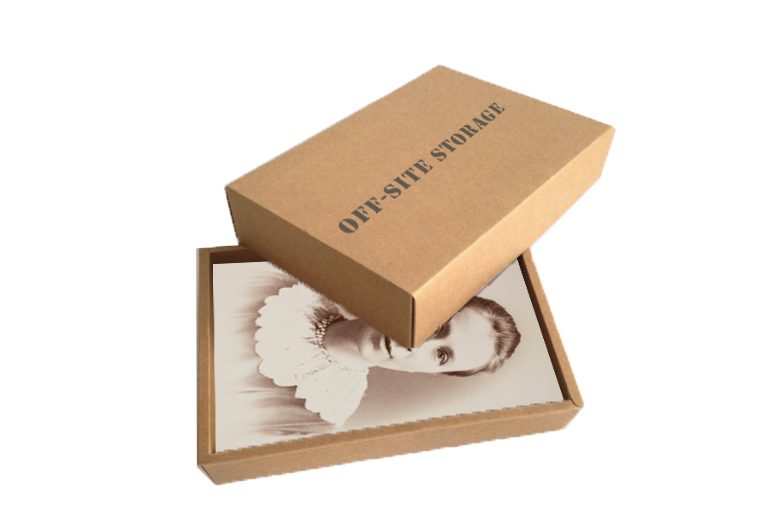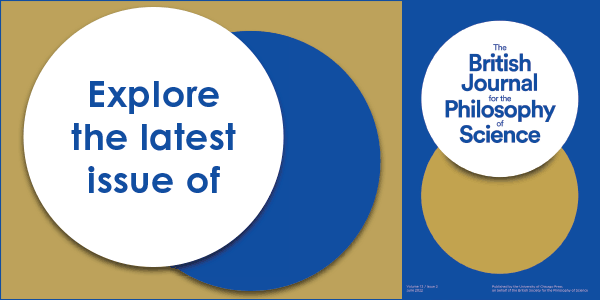Curation, Digitization, Path Dependence, and the Urgency of the History of Philosophy
Philosophy, and especially the history of philosophy, is not known for being in a rush. But an appreciation of the factors that go into shaping our discipline and its self-understanding might give us a sense of urgency.

At the Blog of the APA, Sophia Connell (Birkbeck College London) gives us an example to work, writing about the “striking absence of female names” from recent histories of analytic philosophy:
For example, the important 2008 book What is Analytic Philosophy by Hans-Johann Glock does not discuss any female philosophers. The extensive bibliography contains only one work by a female philosopher of the early analytic period, a short paper by Susan Stebbing. In 1933, Stebbing became the first female Professor of Philosophy in the United Kingdom; she wrote numerous important articles and nine books. Stebbing was also instrumental in introducing ideas from the Continent, particularly logical positivism, to UK philosophers. Her centrality to the philosophy of this period is not conveyed in Glock’s book, which reinforces her relative obscurity; many students of analytic philosophy have never heard of her or read her writing.
She observes: “The habit of ignoring female philosophers has become so entrenched that even the secondary literature is marked by their absence.”
The absence of women from analytic philosophy’s history ends up being self-reinforcing:
Familiar histories of 20th century analytic philosophy center on exclusively male figures. This narrative makes it seem like female philosophers played no significant role in the modern development of analytic philosophy. This is in part due to laziness in citation; when considering an argument or concept, philosophers often reach for the person they think most representative.
Given the exclusion of women, they usually think of a man. A case in point: thick concepts, or the idea that some words are both descriptive and evaluative, are almost always attributed to Bernard Williams. But they were in the air in Oxford in the 1940s as a collective response to Ayer’s emotivism. A lively discussion of this topic occurred in Oxford sometime in the late 1940s involving Midgley, Murdoch, and Anscombe. As Midgley tells it in her autobiography The Owl of Minerva, “we were discussing the meaning of rudeness. I think this topic must have come up out of background discussions that Philippa Foot finally expressed in her splendid article called ‘Moral Arguments’ (which appeared in Mind, Vol. 67, 1958), where she used the example of ‘rudeness’ to show that a word’s descriptive and evaluative meanings are not separate and independent” (115). It takes women writing about women to bring women to light in this history.
The longer the exclusion goes on, the harder it is to undo.:
Despite being educated and then publishing in the same venues as their male counterparts, female philosophers were and continue to be much less cited and discussed than male philosophers—the discussion, discourse, and processes of philosophy gradually purge their voices. Their published work is fading away because they are not in our courses and nobody reads and tries to understand them. The further away we get, the harder it is to understand these writings; they are not familiar and thus they may seem irrelevant.
Certain contemporary developments, such as pressures on libraries to cull their collections of hard copies and the academy’s increasing reliance on digitized materials, contribute to the worry of forgetting some valuable voices in the history of our discipline:
Libraries purge their shelves of hard copies of old journals and of books long out of print—such as Sophie Bryant’s masterpiece, On Educational Ends (1887), Susan Stebbing’s Introduction to Logic (1930), and Alice Ambrose’s Essays in Analysis (1966)—to make way for new books, some of which are histories of philosophy that leave out any mention of women. The work of female philosophers further disappears as digitized materials emphasise only those whose writings supposedly shaped our discipline. Think of the efforts spent on chronicling everything that Bertrand Russell ever wrote, including all of his letters, or on collecting and cataloguing Wittgenstein’s writing. Meanwhile, Sophie Bryant’s papers languish in boxes in a private day school for the daughters of the wealthy middle class.
Discussion welcome—not just on the history of the role of women in analytic philosophy, or of others whose voices are at risk of being lost, but also on the more general matter of how economic and technological pressures on the institutions that house and curate our research materials affect our understanding of our discipline and shape the work we do, and what we might do in light of those pressures.



I’m not worried about which physical books get stored in libraries at fancy universities as long as the books are electronically available everywhere. And that’s mostly what we have here.
Now could these electronic versions go away? Maybe, that’s a worry. And it’s bad if there are books the same age as Ambrose’s that libraries are losing; they generally aren’t available online. But for now we don’t have a crisis.
I think in the short term we should be encouraging institutions (like the Universities of California and Michigan) that are making these books available, and spreading the word about how much they have done to make older and more obscure books more available. (For example, I’m not sure how many libraries have physical copies of Datta’s Six Ways of Knowing, but anyone in the world can get it on the Archive.) In the long term we need to think about a way of making sure these archives are genuinely archival, but in the short term physical books being moved from some libraries shouldn’t make a big difference to research.
It’s true that it is easier to read or even own a downloaded version of something by Sophie Bryant than it is to come by the latest publication from, say, OUP available at very fancy pricing. But what Sophia Connell is talking about, I think, is that while there may very well be a lot of talk and reviews and articles about the latest publication, so that lots of people come to know that they want to read it, so long as no histories mention Sophie Bryant and no one writes about her, there is no reason to suppose that anyone will know enough to come by her work. If we rewrite the histories, then what’s in the libraries will take care of itself, so the question is, what has to happen so that the histories will be re-written before their books vanish from libraries.
The problem with moving out of the stacks and into the digital archives is that to get them from the digital archives, you have to be looking for them in the first place. If they’re on the stacks in the library, one might discover them while looking at something else.
I think less books are widely available electronically than is commonly imagined. What is widely and freely available through mass digitization enterprises are largely publications that are clearly out of copyright and which are not yet rare or fragile enough to warrant exclusion from mass digitization projects. So material published before the mid-1920’s (in the United States, at least back into perhaps, the late 1700s. And in this chronological range, material that is held at a few research libraries in the United States and to a lesser extent in Europe. Of these projects, the Internet Archive has been the most daring but now faces a suit from publishers: and a lot of what it is providing access to is in danger of going away. Access to a significant amount of later publications can be purchased or rented by libraries or individuals, although much is not commercially available in any form. “Rare Books” are increasingly available digitally, either provided freely by digitizing institutions, or, again purchased or rented from publishers through libraries (e.g. Early English Books Online–actually digitized microfilm.) The situation of out-of-print but at least potentially on-copyright material remains problematic and much of this remains inaccessible digitally–at least for books, journals are a rather different story thanks to JSTOR and other enterprises although again most of these are not available for free.
If I’m reading the quoted excerpts from her post correctly, Sophia Connell’s concern seems mainly to be the exclusion of women from histories of analytic philosophy rather than their exclusion from histories of philosophy more generally.
There have been two recent books (Metaphysical Animals and The Women Are Up to Something) about the quartet of Foot, Midgley, Murdoch, and Anscombe, so it’s a little hard to argue that those four, at any rate, are being ignored. Perhaps (?) partly because of her deserved fame as a novelist, a certain amount has been written on Murdoch’s philosophical interests and work (see, e.g., Antonaccio and Schweiker, eds., Iris Murdoch and the Search for Human Goodness). I’m sure that’s less true for some others.
In fact it would be very hard to argue that women like Phillipa Foot and Elizabeth Anscombe have been forgotten–many of us remember them face to face. The real issue is the women of the EARLY analytic period, such as Susan Stebbings, who made very valuable contributions in their day but who have vanished from the histories.